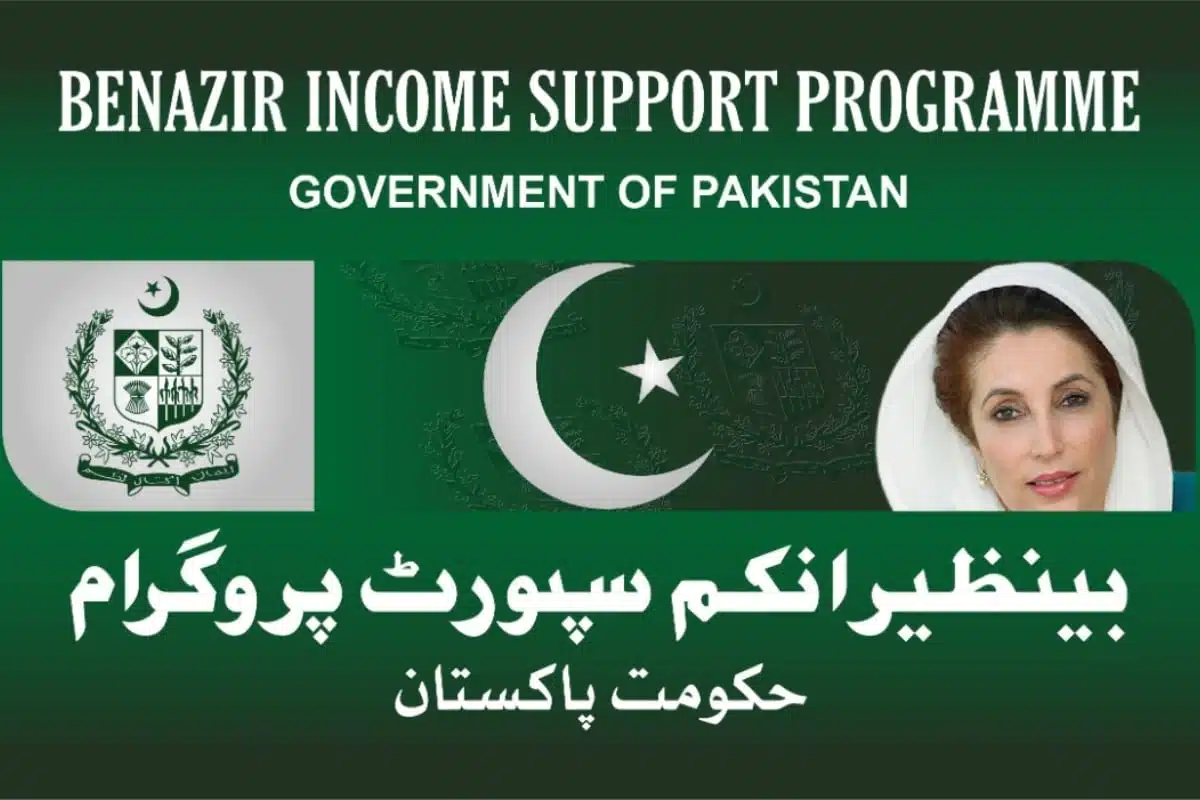A Look at Global Influences on Pakistan’s Economy
Introduction
In today’s interconnected world, local financial markets, including those in Pakistan, are deeply influenced by international events. From geopolitical tensions to global trade policies, these events can trigger market fluctuations, reshape investor confidence, and impact economic growth. This article explores how global happenings affect Pakistan’s economy and financial markets, highlighting the key connections and their implications.
1. Geopolitical Events and Their Economic Impact
Trade Wars
- Trade conflicts between major economies like the US and China influence global supply chains, affecting Pakistan’s exports and imports.
- Increased tariffs or sanctions on trade partners may create opportunities or challenges for Pakistani industries.
Regional Conflicts
- Political instability in neighboring regions, such as Afghanistan or the Middle East, affects investor confidence in Pakistan’s financial markets.
- Oil price volatility, often driven by Middle Eastern conflicts, directly impacts Pakistan’s energy costs.
Example Impact:
- Rising oil prices due to a Middle Eastern crisis increase import bills, weakening the Pakistani Rupee (PKR) and contributing to inflation.
2. Global Economic Trends and Policies
Interest Rate Changes in Major Economies
- When central banks like the US Federal Reserve increase interest rates, global capital shifts towards safer assets in the US.
- This often results in reduced foreign investment in emerging markets like Pakistan.
Global Recession or Boom
- A global recession dampens demand for Pakistani exports, especially textiles, which are highly dependent on foreign markets.
- Conversely, economic booms in major trade partners like the EU or China boost export growth.
Example Impact:
- During the COVID-19 pandemic, reduced global demand caused a dip in Pakistan’s export revenue, straining its economy.
3. Commodity Price Fluctuations
Oil Prices
- Pakistan is heavily reliant on imported oil.
- A spike in global oil prices increases the cost of production, transportation, and electricity, contributing to inflation.
Food Prices
- International events such as the Ukraine-Russia conflict disrupted global wheat supplies, leading to higher food prices in Pakistan.
Example Impact:
- Rising oil and food prices due to global supply chain disruptions erode the purchasing power of ordinary citizens.
4. Currency Movements and Exchange Rates
USD Dominance
- Global demand for the US Dollar directly affects the PKR.
- A stronger USD puts pressure on Pakistan’s foreign reserves, causing depreciation of the PKR.
Global Trade Agreements
- Trade deals, such as Pakistan’s GSP+ status with the EU, strengthen the PKR by boosting exports.
Example Impact:
- A significant depreciation of the PKR increases the cost of servicing foreign debt, creating fiscal challenges for Pakistan.
5. International Investment Trends
Foreign Direct Investment (FDI)
- Global investors seek stability and growth opportunities. Positive international relations and improved ease of doing business attract FDI.
Portfolio Investments
- Foreign portfolio investments in Pakistan’s stock market are highly sensitive to global financial trends and risk sentiment.
Example Impact:
- A global economic downturn often leads to capital flight from emerging markets, causing stock market volatility in Pakistan.
6. Global Technological Advancements
Digital Finance and Cryptocurrency
- Global trends in fintech and digital currencies influence local adoption and regulation in Pakistan.
Supply Chain Innovations
- Pakistan’s integration into global supply chains depends on technological advancements adopted internationally.
How Pakistan Can Mitigate Global Risks
- Diversify Exports:
- Reduce reliance on a few markets by exploring trade with diverse regions.
- Strengthen Local Resilience:
- Develop policies to boost local industries and reduce dependency on imports.
- Maintain Strategic Reserves:
- Build foreign reserves to buffer against global market volatility.
- Enhance Financial Regulations:
- Implement robust regulatory frameworks to protect markets from external shocks.
Conclusion
International events shape Pakistan’s financial markets in profound ways, from trade conflicts and oil price fluctuations to global economic policies. Understanding these influences helps policymakers, businesses, and individuals make informed decisions to navigate the challenges and opportunities of a globalized economy. By staying resilient and adaptable, Pakistan can better manage the impact of global events on its local financial landscape.







